
Salesforce Makes Major AI Data Play with $8 Billion Informatica Acquisition
Complete, high-quality data is the foundation for any successful AI initiative, and automating data management is essential for a scalable agentic AI solution. Salesforce, with its Data Cloud, provides a solid data foundation, but has gaps in data automation and governance. Informatica fills in those gaps and more. Salesforce is doubling down on its Agentic AI strategy by acquiring enterprise data management leader Informatica for approximately $8 billion. This strategic move positions Salesforce to create what CEO Marc Benioff calls "the most complete, agent-ready data platform in the industry."

Google I/O 2025: AI Takes Center Stage with Gemini 2.5 and New Search Features
Google's annual developer conference delivered a broad portfolio of AI-powered innovations this past week, reshaping how we'll interact with Google search, productivity tools, and creative applications. Here's everything you need to know about the biggest announcements from Google I/O 2025.
Google is accelerating AI integration across all its products, with Gemini 2.5 now powering enhanced search experiences, new subscription tiers offering premium AI access, and revolutionary tools for coding, creativity, and productivity. The company is clearly positioning itself as the leader in practical AI applications.

Agentforce in Slack: Transforming Workplace Productivity with AI-Powered Digital Teammates
Your digital workforce is about to become as conversational and collaborative as your human team, thanks to Agentforce's native integration with Slack. With the launch of Agentforce for employees, organizations can now deploy specialized AI agents that work alongside teams in their existing collaboration spaces, transforming how work gets done.

From Tool to Team Member: How Specialized AI Agents Are Changing Organizational Structure
As specialized AI agents gain autonomy, domain expertise, and decision-making capabilities, they're forcing a rethinking of organizational structures that have remained largely unchanged for decades. What began as basic automation tools handling repetitive tasks has evolved into sophisticated AI systems capable of advanced decision-making support and complex reasoning. This evolution is more than just technological advancement, it’s a significant shift in how we conceptualize AI's role in the workplace.

The GTM Team and the Digital Workforce: Redefining Revenue Generation
The traditional Go-To-Market (GTM) team and models have been the backbone of revenue generation for businesses of all sizes. Historically structured around distinct human-driven functions: marketing creates awareness, sales drives conversion, and customer success ensures retention. These teams operated in a largely analog world despite digital tools supporting their work. For several reasons this model isn’t working correctly anymore. Customers mostly don’t buy the way sellers sell.
It’s time for a rethinking of this paradigm. Digital transformation has radically altered GTM dynamics, introducing new channels, dissolving boundaries between functions, and creating a mountain of customer data. The emergence of a digital workforce; intelligent systems powered by AI, automation, and digital agents, has potential to accelerate the transformation and to greatly improve outcomes.

Headless AI Agents: Decoupling Interfaces from Intelligence
For businesses looking to integrate AI capabilities across their digital ecosystem, a significant challenge has been the inefficiency of building separate AI solutions for each application or channel. Enter headless AI agents, a novel approach that decouples intelligence from interfaces, allowing organizations to develop AI capabilities once and deploy them everywhere, invisibly powering decisions across the enterprise.

Advanced Retrieval Approaches for Agentic Systems: How to Select the Best Fit for Your Agents
Autonomous, goal-driven agents are capable of planning, executing actions, and learning from outcomes without continuous human oversight. As these systems grow in complexity and capability, their need for precise, context-aware information retrieval becomes increasingly critical. In the architecture of intelligent agents, retrieval systems serve as both the foundation and scaffolding, determining not just what information is accessible, but how it flows through the reasoning process to produce meaningful actions.
So retrieval isn't merely a supplementary component in agentic architectures—it forms the foundation upon which reasoning, decision-making, and action are built. An agent's ability to access, filter, and synthesize relevant information directly impacts its performance across virtually all domains. Without effective retrieval mechanisms, even the most sophisticated reasoning capabilities fall short when operating on incomplete or irrelevant data.
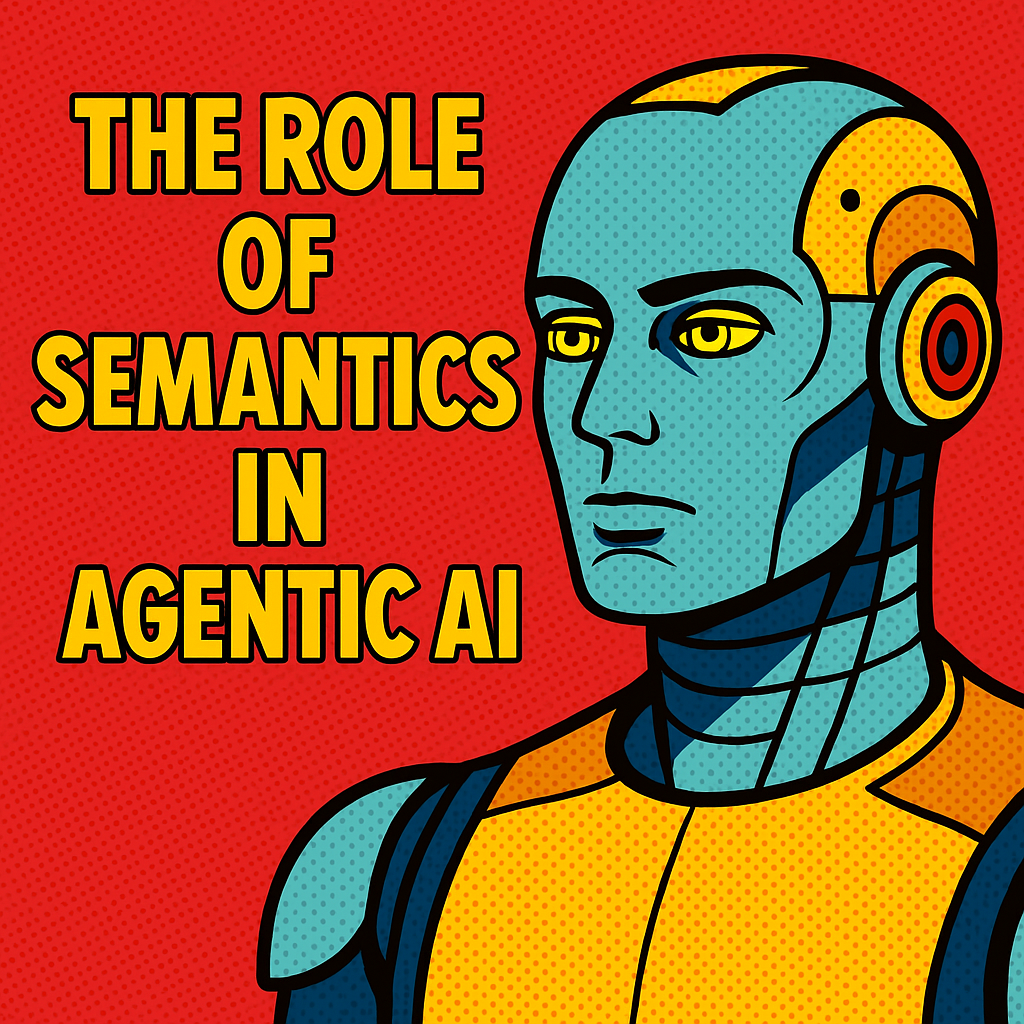
The Role of Semantics in Agentic AI: Enabling Context, Intent, and Understanding
Artificial intelligence systems are rapidly evolving from reactive tools designed for narrow tasks to autonomous systems capable of tackling complex problems with minimal human intervention. These "agentic" AI systems, with their capability to operate autonomously, offer great potential value for businesses, but a crucial question remains: how do these agents "understand" enough to act meaningfully in our world? The answer lies in semantics – the study of meaning in language and symbols. Semantic understanding provides the conceptual framework that AI agents need to interpret inputs, reason through tasks, and make autonomous decisions that align with human goals. This article explores how semantics enables context-awareness, intent recognition, and decision-making capabilities that define modern agentic AI systems.

AI Agent Collaboration Models: How Different Specialized Agents Can Work Together
Artificial intelligence (AI) is rapidly evolving beyond single, generalist autonomous agents toward ecosystems of specialized AI agents working in concert. While powerful generalist agents provide remarkable versatility, the future of AI systems increasingly resembles human organizations, specialized entities collaborating to tackle complex challenges that exceed any individual's capabilities.

The Process-Led Approach to Agentic AI
As organizations race to deploy increasingly autonomous AI systems, a critical question emerges: how do we harness their power while maintaining alignment with business goals? We've moved beyond simple reactive tools to autonomous agents capable of goal-driven behavior, what we now call "agentic AI." These systems can independently plan, reason, and take actions to achieve objectives with minimal human supervision. However, as these agentic systems evolve from isolated use cases to orchestrated, multi-agent workflows, their complexity increases exponentially.
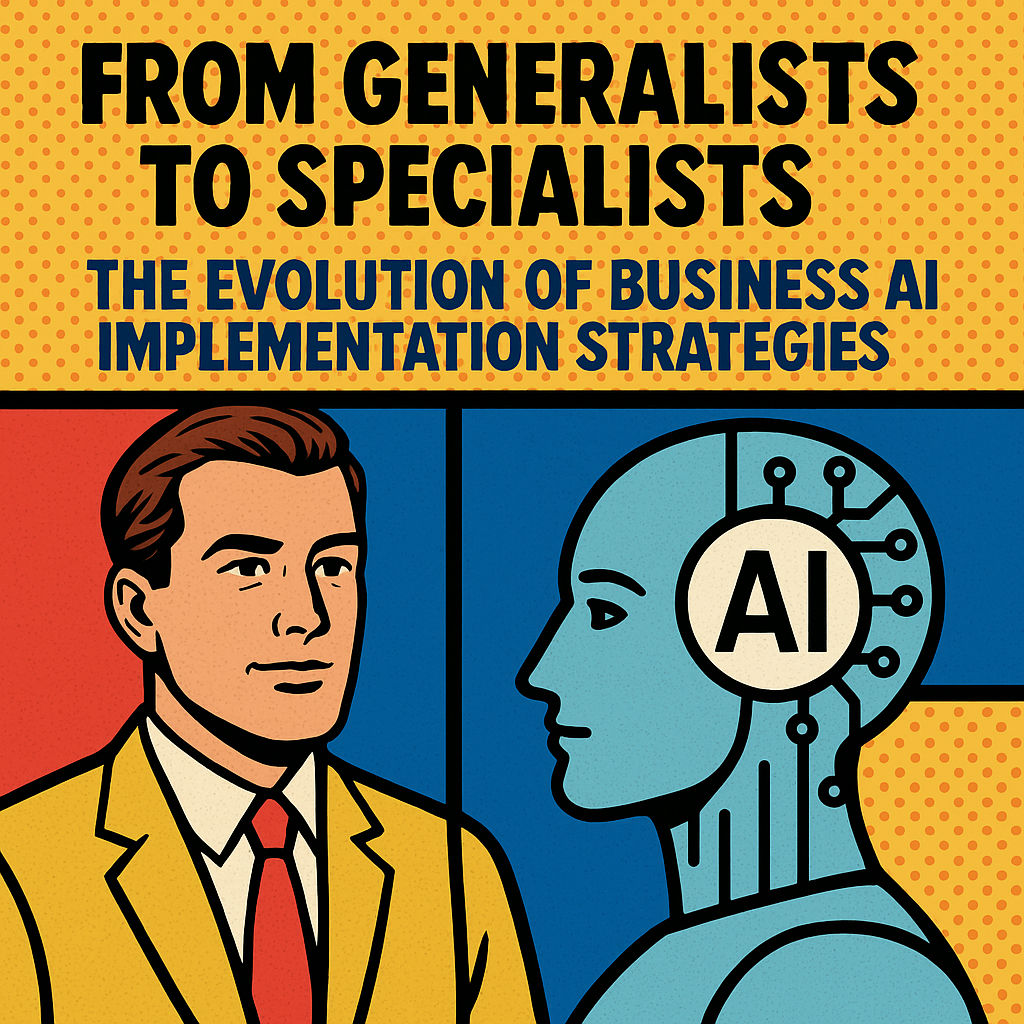
From Generalists to Specialists: The Evolution of Business AI Implementation Strategies
Today, we're witnessing a fundamental shift in how enterprises implement AI. As business challenges grow more complex and stakeholders demand measurable outcomes, implementation strategies are evolving from generalized experimentation toward highly specialized, domain-specific, and outcome-driven deployments. This evolution represents more than a technical shift, it signals a new phase of AI maturity where success depends not just on having artificial intelligence, but on having the right kind of intelligence for specific business contexts.
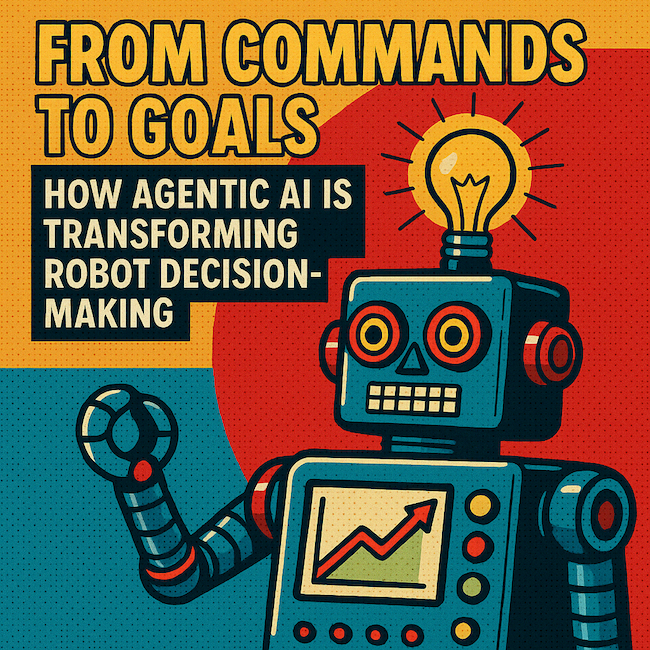
From Commands to Goals: How Agentic AI is Transforming Robot Decision-Making
For decades, robots have operated primarily through explicit programming, following precise commands and executing predetermined routines with remarkable precision but limited adaptability. Today, we stand at the threshold of a fundamental shift in how robots interact with the world around them. The surge in agentic artificial intelligence (AI) capabilities is transforming robots from mere instruction-followers into goal-oriented, autonomous decision-makers.
This paradigm shift represents more than a technical evolution; it signifies a new relationship between humans and machines. Rather than programming robots with exact sequences of actions, we can now specify desired outcomes and let intelligent systems determine how to achieve them. Agentic AI powers this transition from command-based to goal-driven robotics is reshaping industries, augmenting human capabilities, and opening new frontiers in machine intelligence.

Tool Use and Integration: How AI Agents Are Learning to Use External Systems
The next frontier in AI development isn't merely about making systems smarter, but about teaching them to reach beyond their boundaries and manipulate the digital world through tool use. This transition marks a critical inflection point in the development of AI capabilities. The ability to effectively use tools is not merely an add-on feature but represents a core capability for AI systems to progress from being merely assistive to potentially autonomous.
As AI agents increasingly learn to interface with and operate external tools, from APIs and software applications to databases and physical systems, we are entering a new era of digital work orchestration and agentic interoperability that promises to reshape how organizations leverage artificial intelligence.

Smarter, Not Bigger: How RARE Makes Domain-Specific Reasoning Scalable
Artificial Intelligence (AI) has rapidly evolved in capabilities over the past few years as more and more businesses realize the competitive advantage of its use. The need to incorporate AI into business operations has created a situation where organizations face a fundamental challenge: they need artificial intelligence that can reason deeply about specialized domains, but without the massive computational requirements of large language models (LLMs). As businesses increasingly deploy AI solutions for specific business functions, from customer support to legal research, the demand for compact, efficient models has never been higher.

Agentic AI vs. LLMs: Understanding the Shift from Reactive to Proactive AI
Artificial intelligence is entering a transformative new era. While large language models (LLMs) have revolutionized how we generate and interact with information, the emergence of Agentic AI represents a fundamental shift from reactive to proactive intelligence. This evolution promises to redefine applications, workflows, and value creation across industries.

Multi-Agent Systems: When Teams of AI Work Together
Multi-Agent Systems (MAS) represent one of the most promising and rapidly evolving areas in artificial intelligence (AI) research and application. At their core, these systems are made up of multiple intelligent agents working together to solve problems that would be difficult or impossible for a single agent to handle alone. Similar to human teams, these digital collaborators combine their individual capabilities, share information, coordinate their actions, and collectively make decisions to achieve common objectives.

Managing the Digital Workforce
The digital workforce is a revolutionary paradigm in modern business operations, built with AI-powered digital agents, automation tools, robotic process automation (RPA), and large language model-based assistants that perform tasks traditionally handled by humans. As organizations increasingly adopt these agentic technologies, effectively managing this digital workforce has become critical for achieving strategic business objectives and maintaining competitive advantage in a rapidly evolving landscape.

Leveraging AI to Predict and Drive Sales Success: How Generative Models are Helping Sales Teams Target the Right Leads
In a digital-first business, artificial intelligence (AI) has evolved from a futuristic concept to an essential competitive advantage, particularly in sales. As organizations face growing pressure to increase efficiency and revenue while dealing with changing buyer behavior, AI tools have emerged as powerful allies for sales teams seeking to identify and convert the most promising opportunities. Generative AI, in particular, is a significant leap beyond traditional analytics, offering sales teams the capability to understand, predict, and influence customer behavior.
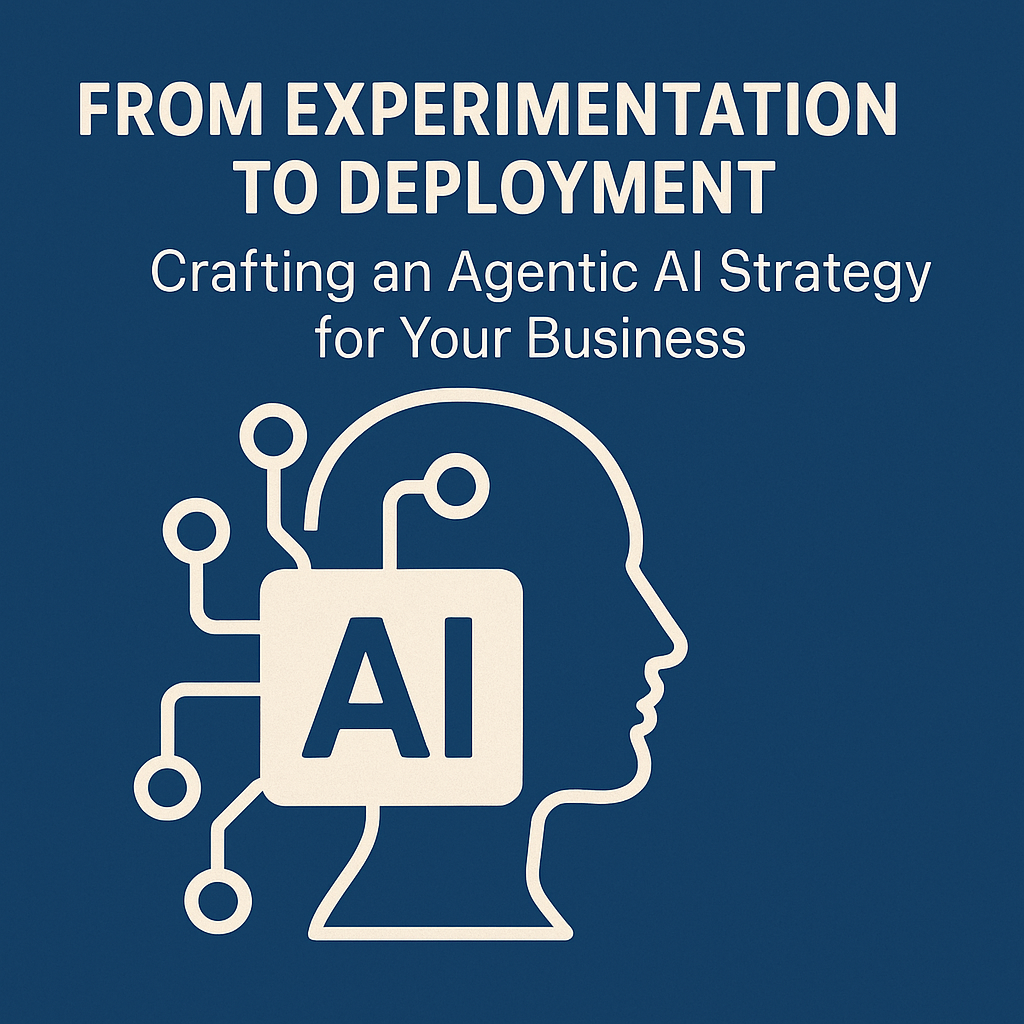
From Experimentation to Deployment: Crafting an Agentic AI Strategy for Your Business
Agentic AI refers to artificial intelligence systems that can operate with varying degrees of autonomy to complete tasks, make decisions, and interact with other systems on behalf of users. Unlike traditional AI systems that require constant human oversight, agentic AI can understand objectives, develop plans, and take actions to achieve specific goals with minimal human intervention.
Businesses are rapidly evolving with agentic AI, moving from theoretical discussions to practical implementations across industries. According to recent surveys, organizations implementing agentic AI solutions are reporting significant competitive advantages, with early adopters seeing productivity improvements of up to 40% in specific workflows.
As businesses move beyond experimental AI pilots toward strategic, scaled deployments, a structured approach becomes essential for maximizing return on investment while minimizing risks. This transition represents a fundamental shift from viewing AI as a supplementary tool to positioning it as a core business capability.
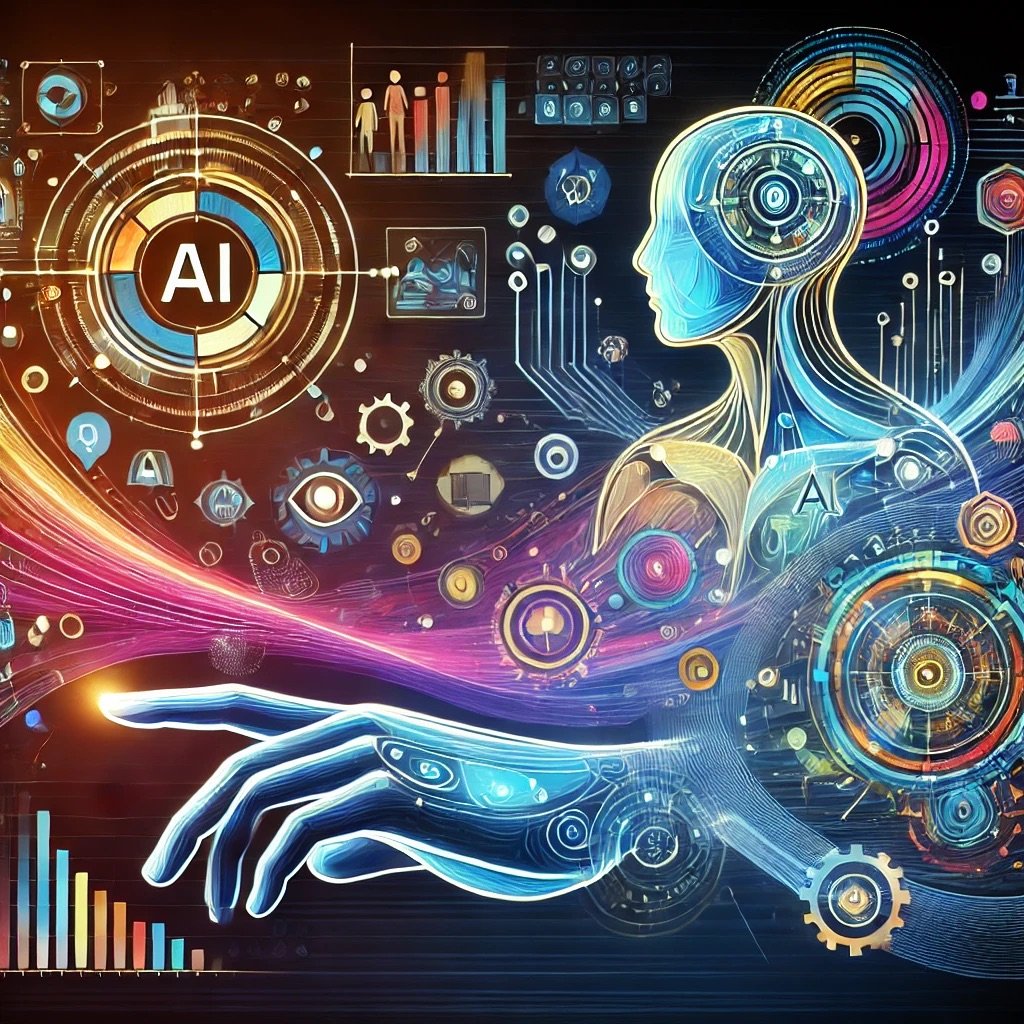
Personal Productivity Revolution: How AI Agents Are Changing Knowledge Work
Knowledge workers have long struggled with the challenges of personal productivity in an increasingly complex digital workspace. From managing overflowing inboxes to juggling multiple applications and meetings, the cognitive demands of modern work have often outpaced our capacity to manage them effectively. Agentic AI, also referred AI autonomous agents, promises to fundamentally transform how we work and help address knowledge worker productivity shortfalls.
Unlike traditional AI tools that passively respond to specific commands, AI agents can operate autonomously, make decisions, and take proactive actions on behalf of their users. These intelligent assistants enable a productivity revolution for knowledge workers by automating routine tasks, enhancing creativity, and fundamentally reshaping work processes.
